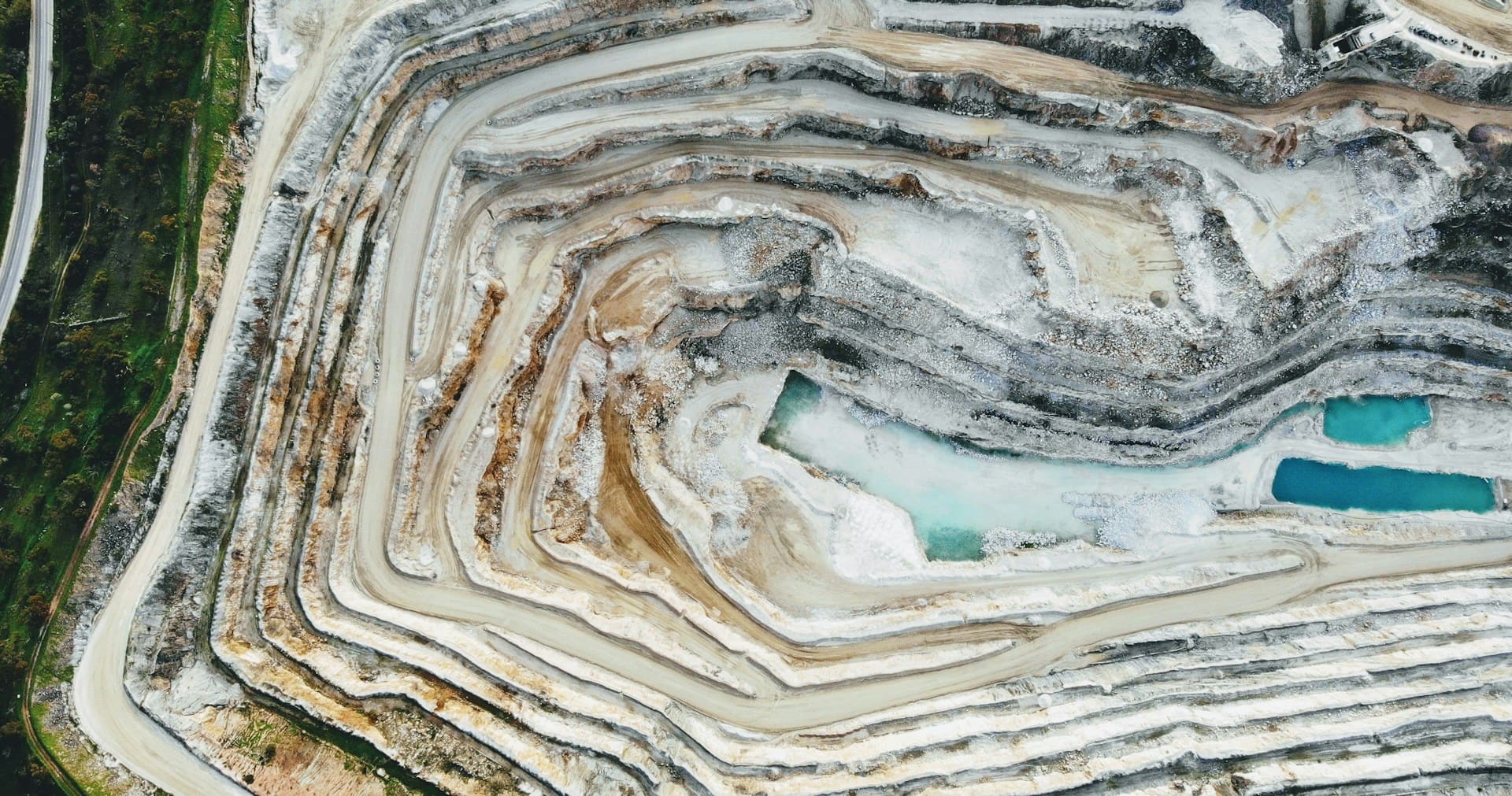The European Commission has taken a decisive step to strengthen the economic and technological sovereignty of the region. Brussels has authorized a plan to unlock strategic mining projects across Europe, focused on the extraction of critical materials needed for the semiconductor, battery, and renewable energy industries. This decision marks a 180-degree shift in European energy and mining policy, which until now had been limited by national regulations.
Europe’s Mining Awakening
Globalization and dependence on countries like China, Russia, and the United States have led the European Union to rethink its strategy. Growing geopolitical pressure and the need to advance toward strategic autonomy have driven this plan, which will expedite the approval of mining projects that have so far been blocked. In the words of Stéphane Séjourné, Vice President of the Internal Market, it is “a key step to reduce external dependence and ensure access to essential raw materials before 2030.”
Spain: A Leading Role in the New European Mining Landscape
Spain, with its extensive mining history and abundant natural resources, is poised to be one of the major beneficiaries. Projects located in Salamanca, such as Retortillo, could receive a new boost. The focus is not only on uranium but also on lithium, rubidium, and other strategic minerals. The Australian company Berkeley Energía, which is developing the uranium project in Retortillo, has seen its stock price surge by 39% following the announcement of the European plan, marking its largest increase since 2020.
Berkeley, currently in litigation with the Spanish government over the halt of its mining project, claims it could supply up to 10% of Europe’s uranium needs. The company is also diversifying its activities towards lithium and rubidium, key minerals for batteries and technological applications.
Critical Raw Materials: The New European Gold
The list published by the European Commission in 2023 includes up to 70 raw materials. Among them are lithium, cobalt, graphite, metallic silicon, nickel, phosphorus, gallium, magnesium, scandium, vanadium, germanium, and various rare earth elements, both light and heavy. All these materials are essential for the manufacture of chips, batteries, solar panels, electric vehicles, and telecommunications systems.
Nuclear Energy: A New Horizon for Spain?
The mining revival coincides with a renewed debate on nuclear energy in Spain. Recently, Congress passed a non-binding proposal to reconsider the gradual closure of nuclear power plants, previously set for 2035. This decision has rekindled the interest of investors and companies in the sector. In fact, 32 companies, including Westinghouse, Framatome, and IDOM, have requested that the government review the National Integrated Energy and Climate Plan, arguing that nuclear energy is an essential pillar for energy security and emissions reduction.
Protests and Social Support
The potential extension of nuclear energy has also mobilized civil society. In Extremadura, more than 7,000 people recently demonstrated in defense of the Almaraz nuclear power plant. Furthermore, the Trillo plant has had its license extended until 2034, which could indicate greater flexibility in the government’s stance on nuclear energy.
A Strategic and Complex Future
The decision from Brussels comes at a critical juncture where control of raw materials has become a key geopolitical factor. Europe is not only seeking to drive the green transition but also to prepare for a global context where competition for resources will be increasingly intense. Spain, thanks to its geological wealth and strategic location, has the opportunity to become a key player in this new industrial and energy landscape.
In the coming months, it will be crucial to observe how national governments respond and whether the industry can mobilize at the speed demanded by Brussels. Mining, forgotten for years, is returning to the center of the European stage.

